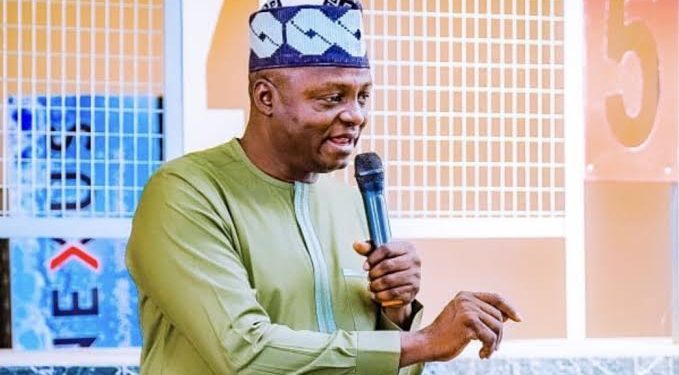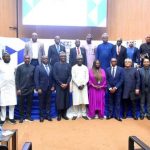The Nigerian government has turned to Artificial Intelligence (AI) to expand its Conditional Cash Transfer (CCT) program, aiming to reach more vulnerable citizens and eliminate fraud. The new system, which analyzes mobile and banking data, has already identified 6.5 million additional urban beneficiaries, raising the number of Nigerians on the National Social Register to 19.7 million.
The announcement was made by the Minister of Humanitarian Affairs and Poverty Reduction during a live interview on May 31, where he described how AI, in collaboration with telecom operators, tracks phone usage, digital activity, and financial behavior to locate individuals living in poverty—especially in hard-to-reach urban slums. These areas, often overlooked by traditional poverty measurement tools, are now being prioritized using data-driven methods.
As directed by President Bola Tinubu, all payments under the CCT program are now fully cashless. Beneficiaries receive funds directly into their bank accounts, a move designed to eliminate corruption and cut off third-party interference. The minister emphasized that this digital payment model improves transparency and delivery speed, especially in regions where manual disbursement has previously led to abuse.
To strengthen the integrity of the system, the updated register was audited by the World Bank and independent civil society groups. Their field checks verified that 94 percent of those listed were accurately identified and contacted, while 6 percent were unreachable, often due to inactive phone numbers or relocation.
Nigeria’s integration of AI into its social welfare system marks a major transformation in how it addresses poverty. By combining digital tools with field verification, the government says it now operates one of the most credible poverty databases on the continent.
As the program expands in 2025, officials say a continued blend of technology, financial inclusion, and independent oversight will drive the initiative, with the goal of reaching millions more Nigerians in need.










